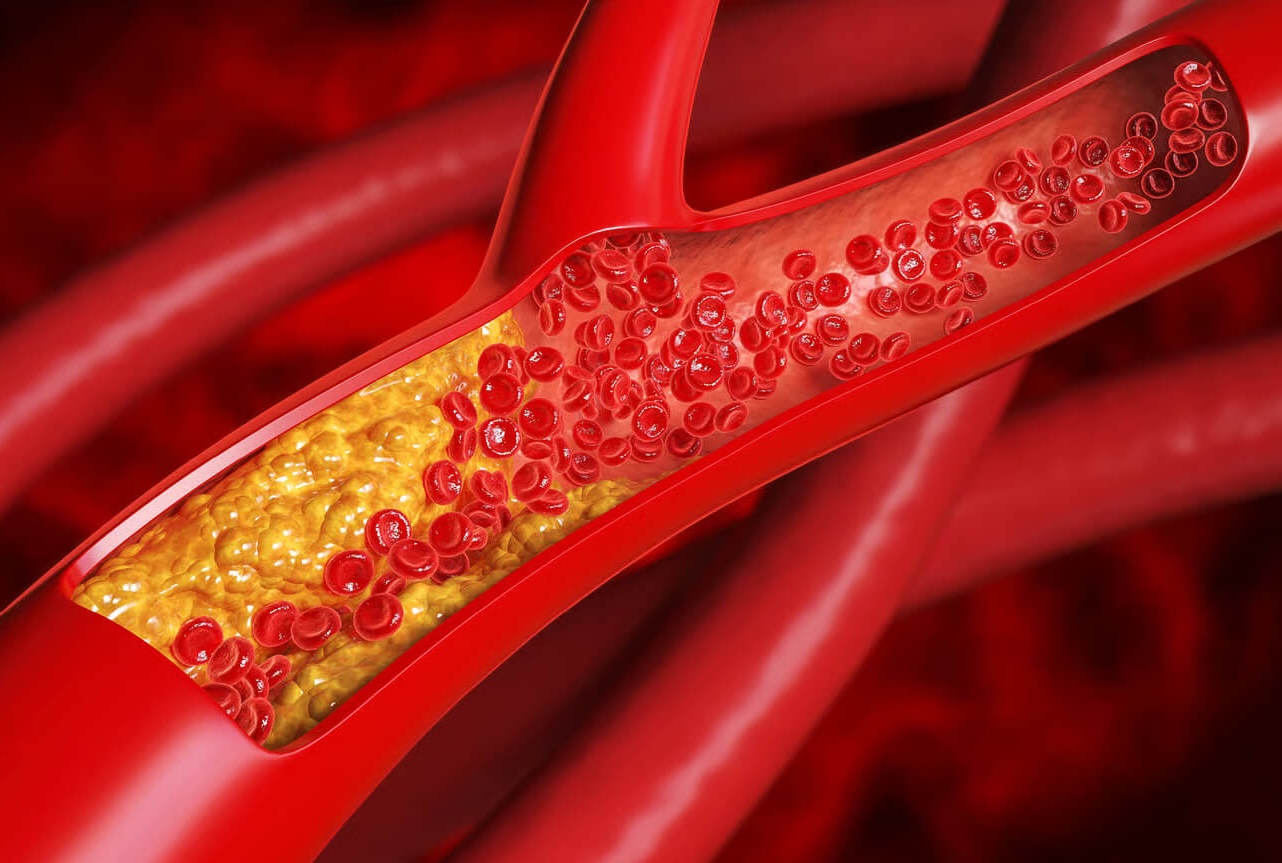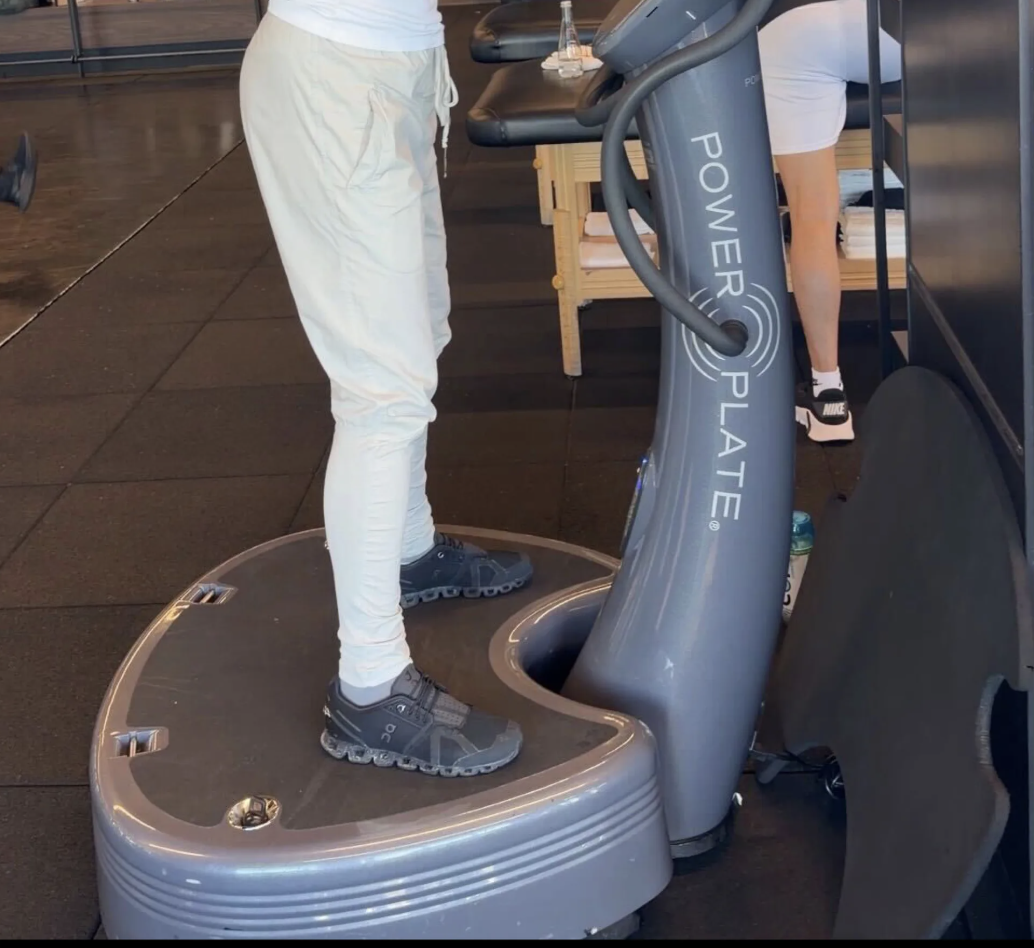High HDL Cholesterol: Good or Bad For Overall Heart Health?
For years, we’ve been told higher HDL is always better for heart health, but new research shows that too much HDL—especially for women over 50—could actually increase your risk of serious health issues.

For years, we learned a simple cholesterol formula: LDL = Bad. HDL = Good. The higher your HDL, the better. Right?
Not so fast. The HDL story has gotten more complicated, especially for women over 50, when heart disease risk jumps. As the daughter of a cardiologist who grew up hearing HDL praised at the dinner table (thanks, Dad), even I was surprised by how much the narrative has changed.
Here's what the latest research says:
First, A Quick HDL Refresher
HDL stands for high-density lipoprotein. Its job is "reverse cholesterol transport"—shuttling cholesterol away from your arteries and back to the liver for processing.
Higher HDL levels have long been linked to lower heart disease risk, as found in the Framingham Heart Study (which began in 1948!).
But if there’s one thing we learn in science class, it's that correlation doesn’t equal causation. And in the case of HDL, newer research is flipping some of the assumptions on their head.
The New Science: Higher HDL Isn’t Always A Good Thing
Here’s what the latest science says:
- A Danish study followed over 116,000 people and found that both very low (<40 mg/dL) and very high (>80–90 mg/dL) HDL cholesterol levels were linked to a higher risk of death (Madsen et al., 2017).
- Another study found that extremely high HDL levels were linked to bone fractures, cognitive decline, cardiovascular problems, and more (Ji et al., 2024).
- Several randomized trials that tried raising HDL with medication (like CETP inhibitors or niacin) failed to show any cardiovascular benefit, despite large increases in HDL levels.
While HDL has the “good cholesterol” reputation, studies show us that too much of it might not be a good thing.
What About Women Over 50?
This is where things get interesting. As women enter menopause and estrogen drops, HDL levels may rise slightly. But one study (Khoudary et al., 2018) found that in postmenopausal women, a higher HDL cholesterol wasn’t linked with a lower risk of atherosclerosis (plaque buildup in your arteries) if HDL function was impaired.
In other words? It’s not just about how much HDL you have—it’s about how well it works.
That’s why the new cholesterol equation should factor in HDL function, not just the number on your lab report. Unfortunately, most labs still report HDL cholesterol quantity only (for now).
Can You Improve HDL Function?
Yes! Research shows that aerobic exercise, such as walking and cycling, can enhance HDL’s antioxidant power. Other habits include:
- Eating more omega-3s (such as salmon and flaxseed).
- Loading up on plant-based polyphenols from things like berries, cocoa, and olive oil.
- Skipping the cigarettes (but you knew that already).
So…Is High HDL Still Good?
HDL still deserves a seat at the heart health table. If your HDL is moderately elevated (50–70 mg/dL), that’s considered healthy for many women. But if your HDL is very high (>90 mg/dL), particularly after menopause, it could signal that your HDL particles aren’t working properly or hint at other metabolic issues lurking underneath.
Bottom line: HDL still matters. It’s just no longer the whole story.


